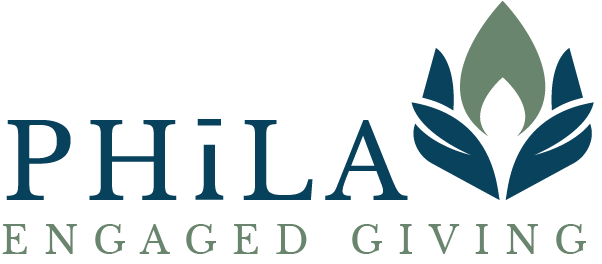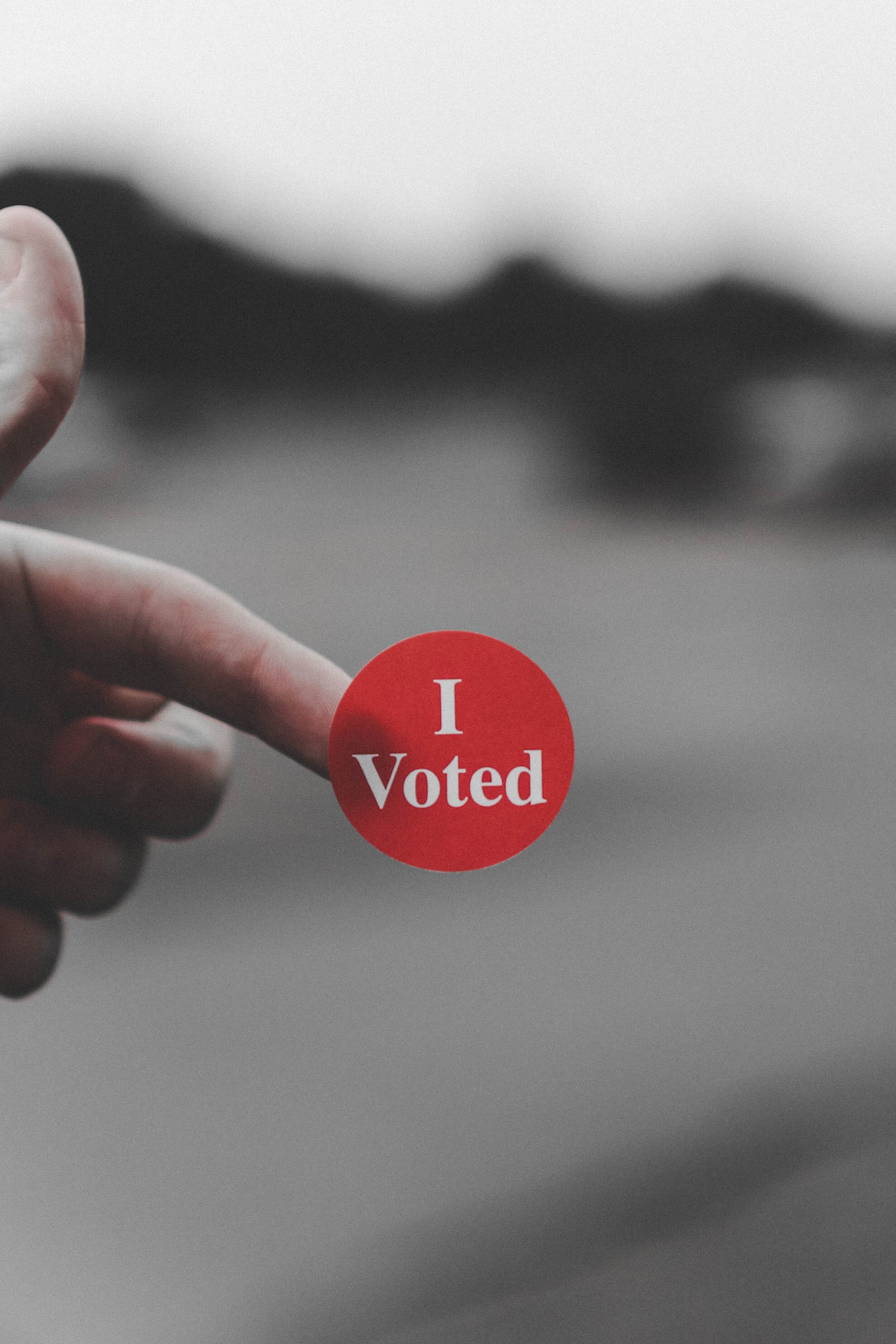With a more divided electorate than any time in recent memory, an incumbent president who’s refused to commit to the most basic of democratic norms—a peaceful transition of power—and the proof and pain of racial injustice from coast to coast, you’d be forgiven for thinking these are dark days for democracy in America. We at Phīla have certainly thought so. But we also know that as Americans, we have a fundamental responsibility to stand up for our democratic institutions and way of life—now and after November.
The good news is that there are some fantastic people and organizations already working tirelessly on these issues. Giving Compass, a valuable resource for news of the giving world, has compiled a substantial directory of organizations working on defending the media, registering people to vote and strengthening democracy.
Below is our own brief round-up of selected organizations committed to these crucial issues. Some of the below are partisan, some are non-partisan, some are 501c3 organizations, and some are organizations to which donations are not tax deductible. All stand with us in this struggle to ensure democracy and our rights as citizens are protected, regardless of who is in office.
Please consider giving or volunteering today.
Region or BIPOC-Specific Organizing Groups
We know that the best people to help specific communities exercise their right to vote are organizations within those communities. Fortunately, grassroots organizations across the country are mobilizing voters and making noise in 2020. Here are a few stand-out groups.
1. Texas Organizing Project. TOP, as the Texas Organizing Project calls itself, was formed in 2009. The group organizes Black and Latino communities in Dallas, Harris and Bexar counties in Texas, with the goal of transforming the state into one where people of color have the power and representation they deserve. The 100,000- member group leads direct-action organizing, grassroots lobbying and electoral organizing, while providing leadership development to interested Black and Latino residents.
2. Voces de la Frontera Action. Called “The Most Valuable Grassroots Organization in the US” by The Nation magazine in 2012, Voces de la Frontera and its Action Fund use their relational voter program to build a network of low wage and immigrant workers.
3. EquisLabs. Founded by two veterans of Latino political research and organizing, Equis Labs calls itself a research and experimentation hub working to build Latinx power. The small 501c4 organization supports leaders and organizations that are working to increase Latinx civic participation by focusing on data, digital and leadership development.
4. Black Leaders Organizing for Communities (BLOC). BLOC is a Milwaukee-based organization focused on using community-based organizing and face-to-face conversations to lift up Black citizens and build stronger communities throughout Wisconsin. BLOC has been working to register Black Wisconsin residents, and provides information on safe voting for everyone.
5. Nuestro PAC. A partisan Super PAC, Nuestro PAC was formed to continue a model of Latino outreach they say was instrumental in delivering early victories to Senator Bernie Sanders. The super PAC is focused on mobilizing and turning out Latinos in key states in the 2020 election. So far, Nuestro PAC has invested in targeted outreach to Latinos in Arizona, Florida, Michigan, North Carolina and Pennsylvania.
6. Movement Voter Project (MVP). MVP is a bit like a mutual fund for donors. The nonprofit uncovers small grassroots groups that are making waves and combines them into giving opportunities like the Black-led Organizing Fund or the Defend the Election Fund.
Get Out the Vote Groups
Few acts are as fundamentally patriotic as casting your vote for our country’s leaders. This fall, a large number of organizations are focused on Get Out the Vote, or GOTV, efforts. Here are a few that do this from a 100% non-partisan position.
7. Vote Save America. Vote Save America is singularly focused on getting Americans to vote. Their slick website has easy-to-access resources on registering to vote, signing up to be a poll worker and donating to organizations that support free and fair elections.
8. When We All Vote. When We All Vote is a non-profit, nonpartisan organization working to increase voter participation in every election. They have a star-studded list of co-chairs, including Michelle Obama and Tom Hanks. But they also have a downloadable app, called OutVote, which allows volunteers to text eligible voters, reminding them when and where to vote, and urging them to make a plan for getting their ballot cast.
Voting and Civil Liberty Defense Groups
Of course elections aren’t the only times our civil liberties matter. There are well-established, proven organizations working on these issues from a number of angles all of the time.
9. The Brennan Center for Justice. Staffed by lawyers, researchers and advocacy experts, the Brennan Center for Justice is an independent, nonpartisan law and policy organization based in Washington DC, and at the Brennan Center for Justice at NYU Law School. Their work is focused on fair elections, ending mass incarceration and preserving American liberties.
10. Democracy Docket. Democracy Docket was founded by political lawyer Marc Elias, who served as general counsel for the Hillary Clinton 2016 presidential campaign and John Kerry 2004 presidential campaign. Marc and his team at Democracy Docket work to fight voter suppression laws in court. Marc’s written a lot lately on how Americans can protect their right to vote and democracy in general.
11. ACLU. The ACLU works to protect a wide range of civil liberties, including prisoners’ rights, immigration and voting rights. Their team of values-driven lawyers have brought hundreds of cases, including some before the Supreme Court.
12. The Southern Poverty Law Center. Founded in 1971, the Southern Poverty Law Center works with communities in the American South to counter white supremacy and advance the human rights of all people. Their list of national hate groups is a highly respected tool of those working to expose and counter these dangerous groups.
Postcard writing/phone and text banking opportunities
If you’re itching to roll up your sleeves and urge fellow voters to the polls, there are several groups that allow you to do just that.
13. Vote Forward. With Vote Forward, you can sign up to “adopt” likely voters from the Vote Forward database, download a letter template and add your own message to nudge them to the polls. So far volunteers have already written letters to over 10 million likely voters.
14. Blue Wave Postcard Movement. This organization allows you to sign up to send personalized postcards to likely voters in key battle ground states. The postcards come complete with websites, phone numbers and QR codes to help people get answers on where and how to vote in their state.
15. Postcards to Swing States. Volunteers with Postcards to Swing States have already signed up to send 15 million postcards to voters in 15 key states. But you can still donate to help pay the cost of postage, which Postcards to Swing States asks their postcard writers to cover themselves.
16. Clean Energy for Biden. Clean Energy for Biden is a network of clean economy business leaders and advocates working to elect Joe Biden as President, as well as advance policies, technologies and investments to address climate change in general. They are hosting a range of virtual volunteer opportunities, including regular phone banking, which can be done from wherever you happen to be at the moment.
However you stand up for democracy this November, be sure to tell your friends, your network and your community and invite them to join you. VOTE. It’s the only way we can look forward to a more peaceful, just and generous 2021.



